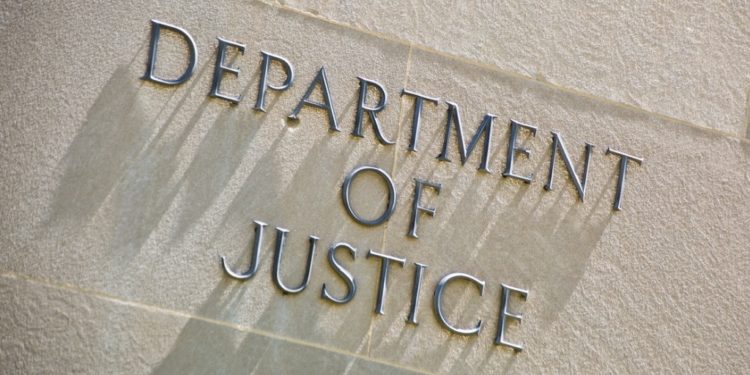On July 21, the Department of Justice announced that Booz Allen Hamilton Holding Corporation (Booz Allen) agreed to pay $377 million to resolve allegations of False Claims Act (FCA) violations. Booz Allen, according to its website, is a global firm of approximately 29,200 employees. The government alleges that Booz Allen improperly billed the government for consulting contracts. Government contracting rules stipulate that companies may only bill the government for direct or indirect costs that are connected to the overall objectives of their contract.
Based on revelations made by whistleblower Sarah Feinberg, a former Booz Allen employee, the government built its allegations that the company improperly allocated costs to the government that had no relationship to the underlying contracts. According to the allegations, between 2011 to 2021 Booz Allen charged the government for costs “that provided no benefit to the United States.”
The whistleblower, Feinberg, filed a civil suit under the qui tam provision of the FCA. Qui tam claims enable private citizens to file lawsuits on behalf of the government if they know of an individual or company defrauding the government. Qui tam whistleblowers are eligible to receive between 15 and 30% of the government’s recovery. Feinberg will receive just shy of $70 million.
The $377 million settlement was among the largest contract fraud cases in United States history. According to U.S. Attorney Matthew Graves, the huge agreement “demonstrates that the United States will pursue even the largest companies and the most complex matters where taxpayer funds are alleged to have been pilfered.” Graves added that “the Justice Department is committed to ferreting out all fraud, waste, and abuse in government programs — small or large, simple or complex.”
“The Defense Contract Audit Agency (DCAA) appreciates the opportunity to support the Justice Department and our law enforcement partners by providing expert financial assistance regarding enforcement of the False Claims Act,” said Director Terri Dilly of the DCAA. “This interagency cooperation provides a strong safeguard for appropriate use of taxpayer dollars.”
“Government contractors must turn square corners when billing the government for costs under government contracts,” said Principal Deputy Assistant Attorney General Brian M. Boynton, head of the Justice Department’s Civil Division. “Today’s settlement demonstrates our commitment to hold accountable contractors that knowingly overcharge the government and enrich themselves at the expense of the American taxpayers.”
In the past two months, the U.S. Supreme Court issued two decisions in False Claims Act whistleblower cases. On June 16, the Supreme Court issued an 8-1 ruling in United States, ex rel. Polansky v. Executive Health Resources, Inc. The decision grants the DOJ the authority to dismiss qui tam whistleblower lawsuits in cases in which it chose not to intervene.
On June 1, the U.S. Supreme Court issued an unanimous decision in U.S. ex rel. Schutte v. SuperValu Inc. The decision, heralded as a major victory by whistleblower advocates, overturns U.S. Court of Appeals rulings which allowed fraudulent companies to escape liability under the False Claims Act if they could prove their fraudulent actions could be based on a “reasonable interpretation of the law” regardless of whether or not the company intended to commit fraud.
Further Reading:
Booz Allen Agrees to Pay $377.45 Million to Settle False Claims Act Allegations




